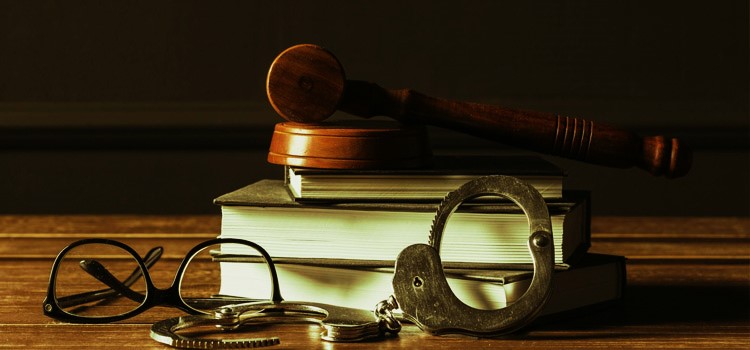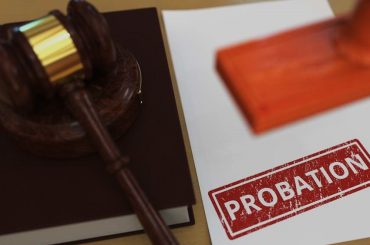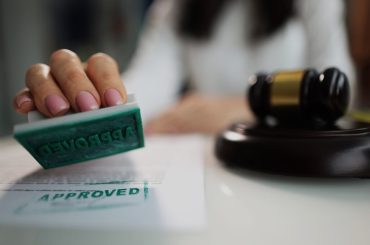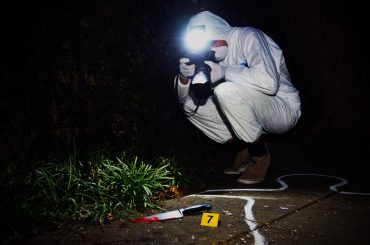Criminal cases can falter for a number of reasons, often resulting in a dismissal, charge reduction, or a favorable settlement for the defense. The following are indicators of potential weaknesses in a prosecutor’s case:
- The arrest was made without adherence to lawful procedures.
- Evidence is insufficient to substantiate the charges.
- Witness testimony is either scarce or lacking in credibility.
- Errors are present within the criminal complaint or charging document.
- The defense has a strong and valid legal argument or alibi.
Such vulnerabilities in the prosecution’s case can lead to various outcomes, such as:
- An acquittal by the judge or jury,
- Negotiated agreements like plea bargains, where the defense and prosecution agree on lesser charges or penalties,
- Charge reductions, e.g., a felony might be downgraded to a misdemeanor, or
- A decision by the prosecutor to dismiss the charges altogether.
These outcomes can significantly alter the course of a criminal proceeding, often to the benefit of the accused.
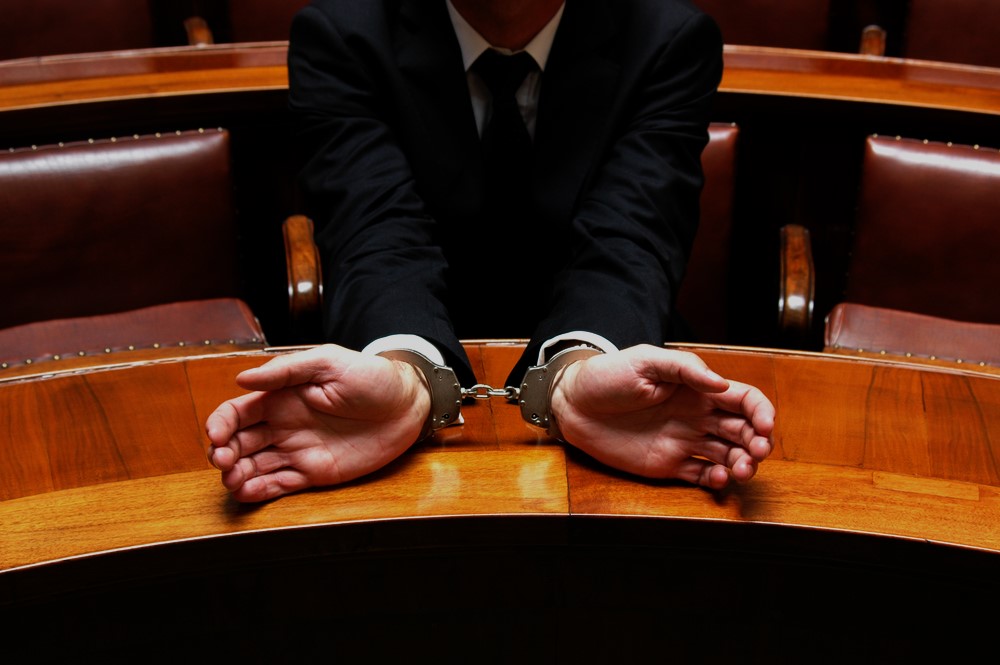
An unlawful arrest
The principle of an unlawful arrest highlights that law enforcement must have a valid reason, known as “probable cause,” to make an arrest. Probable cause means there are facts or evidence to convince a reasonable person that a suspect has committed a crime.
Take a DUI (Driving Under the Influence) scenario as an instance. Officers cannot stop drivers based on a hunch; they require tangible evidence indicating intoxication. This evidence might include observable behaviors such as swerving between lanes, committing a discernible traffic offense, or actions like discarding empty alcohol containers from the car.
Arrests made without probable cause, or those that breach constitutional rights, can weaken the prosecution’s case. Such foundational legal issues might lead the prosecution to dismiss the case or negotiate a plea deal with the defense.
Few or no credible witnesses
Witness testimony can be a crucial element in the prosecution’s case. If a case hinges on witness accounts and there are few or no witnesses available, or if the witnesses lack credibility, the strength of the case may be compromised.
Credibility is typically questioned if a witness has a history of dishonesty or their testimony is inconsistent. Without credible witnesses to substantiate the claim that the defendant committed the crime, there’s a lack of corroboration, which can lead to a weak case for the prosecution.
This absence of verifiable witness testimony could result in the inability to prove the defendant’s guilt beyond a reasonable doubt, often prompting the prosecution to consider reducing charges or agreeing to a plea bargain.
Mistakes in the criminal complaint
A criminal complaint is a pivotal legal document that outlines the alleged crimes committed by a suspect. Mistakes in this document can significantly weaken the prosecution’s case. Examples of such errors include:
- Incorrect details regarding the facts of the case,
- Filing charges that do not accurately reflect the alleged criminal actions, or
- Misapplication of laws, such as charging under the wrong statutes.
These errors can undermine the credibility of the charges and may lead to their dismissal. The presence of inaccuracies in the criminal complaint often signals a potentially weak case, making it difficult for the prosecution to prove guilt beyond a reasonable doubt.
A valid legal defense for the defendant
A valid and strong legal defense can significantly undermine the prosecution’s case in criminal proceedings. To secure a conviction, the burden of proof rests on the prosecutor to demonstrate beyond a reasonable doubt that the defendant committed the crime.
A defense is essentially any argument or evidence presented by the defendant that challenges the prosecution’s claims or introduces doubt regarding the alleged criminal act. If the defense is compelling, it can make it difficult for a judge or jury to convict.
For instance, consider a scenario where you’re charged with battery after shoving someone. If you can clearly establish that you acted in self-defense, this strong defense could lead the prosecutor to reconsider the viability of the case, possibly leading to its dismissal. This example illustrates how a robust legal defense plays a critical role in the criminal justice process.
